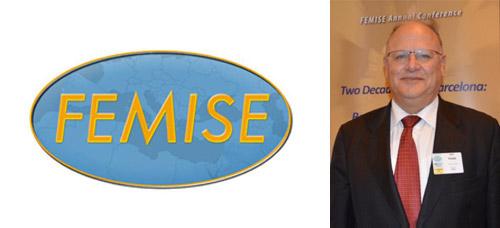EU Global Health Strategy to improve global health security and deliver better health for all

The European Commission adopted a new EU Global Health Strategy to improve global health security and deliver better health for all in a changing world. With the Strategy, the EU deepens its leadership and reasserts its responsibility for tackling key global challenges and health inequalities head-on: the unfinished agenda in global health and combatting health threats in the age of pandemics.
The Strategy positions global health as an essential pillar of EU external policy, a critical sector geopolitically and central to EU strategic autonomy. It promotes sustainable, meaningful partnerships of equals drawing on the Global Gateway. As the external dimension of the European Health Union, the strategy is designed to guide EU action for ensuring better preparedness and response to health threats in a seamlessly way.
The Strategy seeks to regain the ground lost to reach the universal health-related targets in the 2030 Sustainable Development Goals. To do so, the strategy refocuses our action on achieving universal health coverage, strengthening primary health care, and tackling the root causes of ill-health like poverty and social inequalities. The strategy stresses the importance of addressing important drivers of ill health such as climate change and environmental degradation, food security, conflict, and other humanitarian crises. Therefore, the Strategy introduces a robust “health-in-all-policies” approach to ensure that a wide variety of policies genuinely contribute to health goals. It identifies three key enablers for better health, namely digitalisation, research, and a skilled labour force with concrete actions to advance globally in these areas
The Strategy also seeks to improve global health security, thus protecting citizens from threats by stepping up prevention, preparedness and response, and early detection. These threats can be chemical, biological, or nuclear — or pandemics, including the silent killer that is antimicrobial resistance.





























 Syria
Syria 



